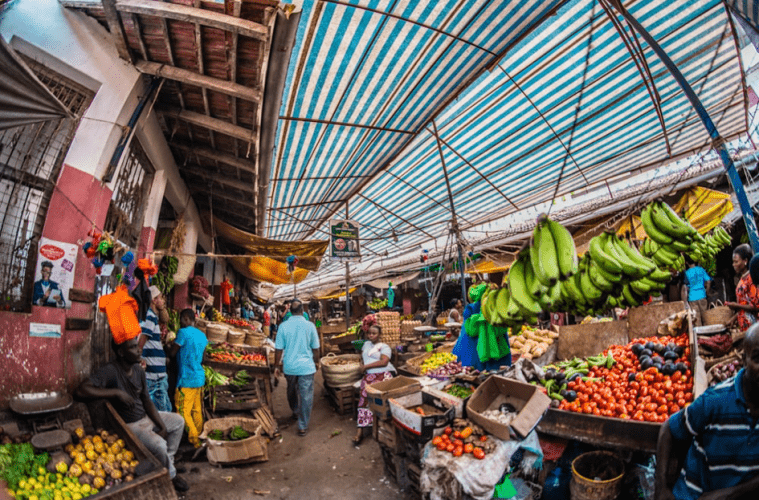In June of last year, a hundred individuals from the research, political, and civil society sectors gathered in Kisumu, Kenya, as part of AfriFOODlinks, a project aimed at transforming urban food systems.
For the project leaders, who receive funding from Europe and operate through African organizations, African scientific sovereignty is essential in guiding work towards innovative practices that promote the inclusion of populations in terms of learning, knowledge, and access to food resources.
AfriFOODlinks aims to develop opportunities for accessing food in urban areas and stimulate the raw material transformation sector to improve the incomes of workers, particularly women and youth.
Currently, five African cities are participating in the project:
– Cape Town, South Africa
– Kisumu, Kenya
– Mbale, Uganda
– Ouagadougou, Burkina Faso
– Tunis, Tunisia
These cities are exchanging knowledge with a dozen other cities that have already experimented with sustainable urban food strategies. This network includes around fifty cities that have signed the Milan Urban Food Policy Pact, which serves as a hub for knowledge and best practices on the subject.
The project involves the participation of the International Center for Agricultural Research for Development (CIRAD) and the African Population and Health Research Center (APHRC), who are responsible for analyzing the impact of new food environments on consumers.
Source: CIRAD




